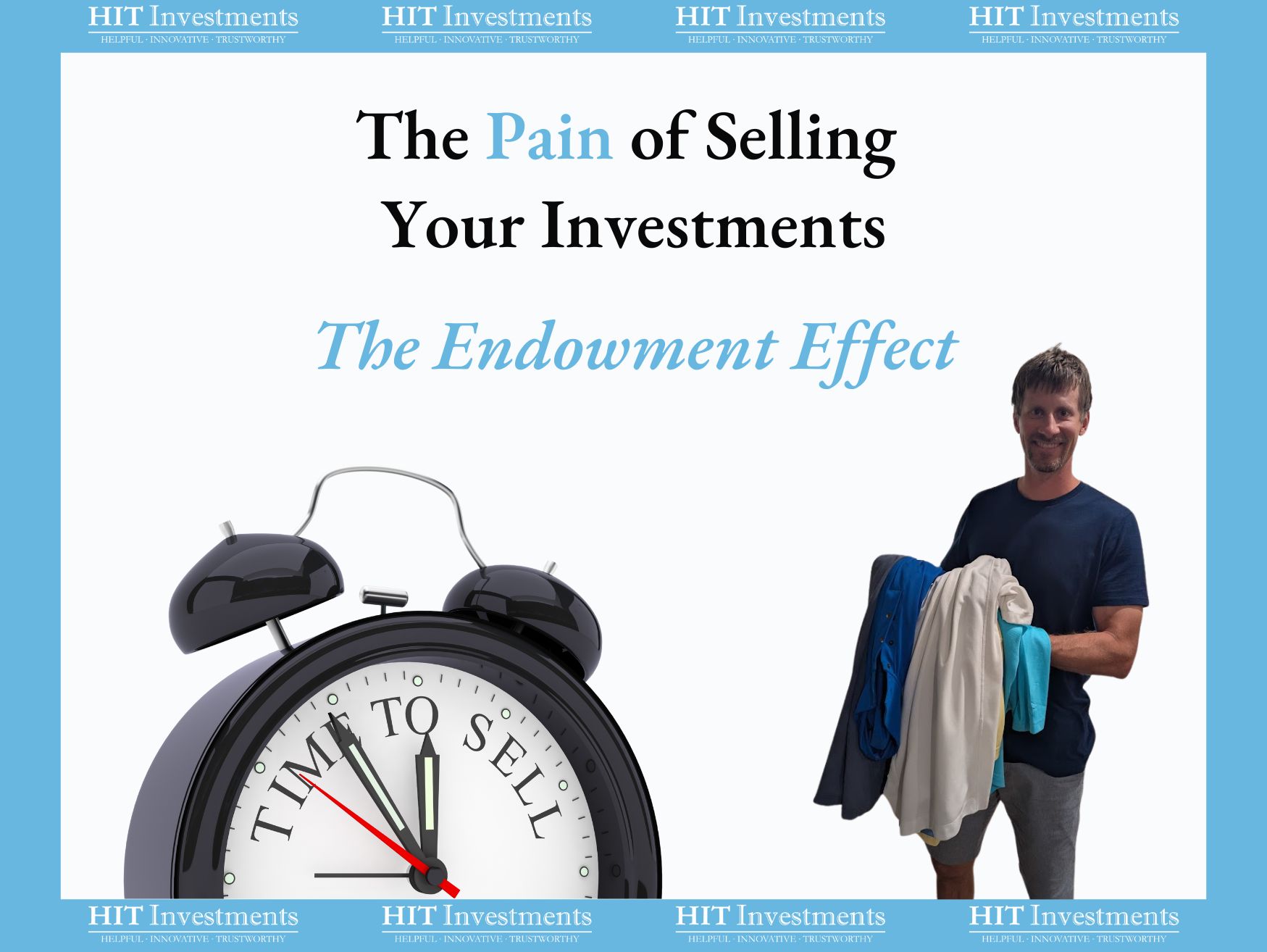
Why I hate to be a “Sell Out”
Selling something you love, even when it makes sense, can feel like losing a limb. I just finished a multi-year, multi-step plan, of converting my pre-tax 401k account to a Roth IRA, and while I should be celebrating the accomplishment, I feel more like licking my wounds.
Selling Out, Wounds, What? The Background.
Since retiring from ConocoPhillips in 2021, I began to convert my 401k and Sarah’s Traditional IRA to a Roth IRA. So in 2022 through today our living expenses + taxes have been more than our income. Each quarter our taxes would come due and I would have to sell some investments.
Every single time I waited until the last minute. Every. Single. Time. Why? It wasn’t because I wanted to eke out a few more dollars in dividends, stock appreciation, and interest, it was because selling the stock hurt!
Why Did It Hurt?
It stung. More than it logically should have. The stocks weren’t just words on a screen, they were carefully chosen investments. Ones I handpicked, nurtured, and believed in (I still believe in). Selling them felt like amputating a part of my financial identity. And yet, the math was clear, converting to a Roth would save money and add flexibility. I knew it was the right call, but that didn’t make selling the investments and paying the taxes any easier.
The Endowment Effect
One of the most powerful biases I’ve experienced thus far, is the endowment effect. The Endowment Effect is the tendency to value something more, simply because you own it.
I see it in my investments, the way I price my bike, my house and why I struggle to give away clothes cluttering my closet that I no longer wear.
Seeing Through the Bias
That’s the endowment effect in action; I value things more, simply because I own them. Sarah, my wife, didn’t feel any attachment to the investments we sold. She did, however, feel the stress when I waited until the eleventh hour to sell and transfer her the money to pay the tax bill.
The truth is, whether you’re managing a portfolio, converting to a Roth, hanging on to fine china, or cleaning out your closet, it’s easy to mistake emotional attachment for financial wisdom. As savers, investors, and good decent human beings, it’s vital to recognize when our emotional attachments cloud our rational judgment.
Create and Follow the Plan
Sometimes the smartest financial moves will feel impossible. That’s not a personal flaw, it’s human nature. But if your goal is to build and sustain wealth to live a fruitful life, you will need to practice separating your emotions from your actions.
Even when it hurts.
Break the Bias: A Simple Practice
Have you ever held on to an investment or a hoodie longer than you should have?
Next time you find yourself hesitating to let go, try asking for help. Reach out to someone you trust and has no emotional attachment.
For myself and breaking my own endowment effect bias, I am asking my partner Kristin to get more involved in my investments, and for my wardrobe, I’m trying to listen to my wife the first or second time she tells me to let go.
More Information on the Endowment Effect:
Here are direct links to source reports and key studies on the endowment effect for the insatiably curious:
- The mug experiment from Kahneman, Knetsch, and Thaler’s 1990 paper here
- The Endowment Effect and Beliefs About the Market” (2020, meta-analysis and experiments) at PubMed Central
- The endowment effect in the future: How time shapes buying and selling prices” (2023, Judgment and Decision Making) here.
- Possession, feelings of ownership and the endowment effect” (2007, Judgment and Decision Making) at Cambridge.
- The Endowment Effect: Loss Aversion or a Buy-Sell Discrepancy?” (2021, working paper) here.
- Research and Application of the Endowment Effect here



Leave A Comment